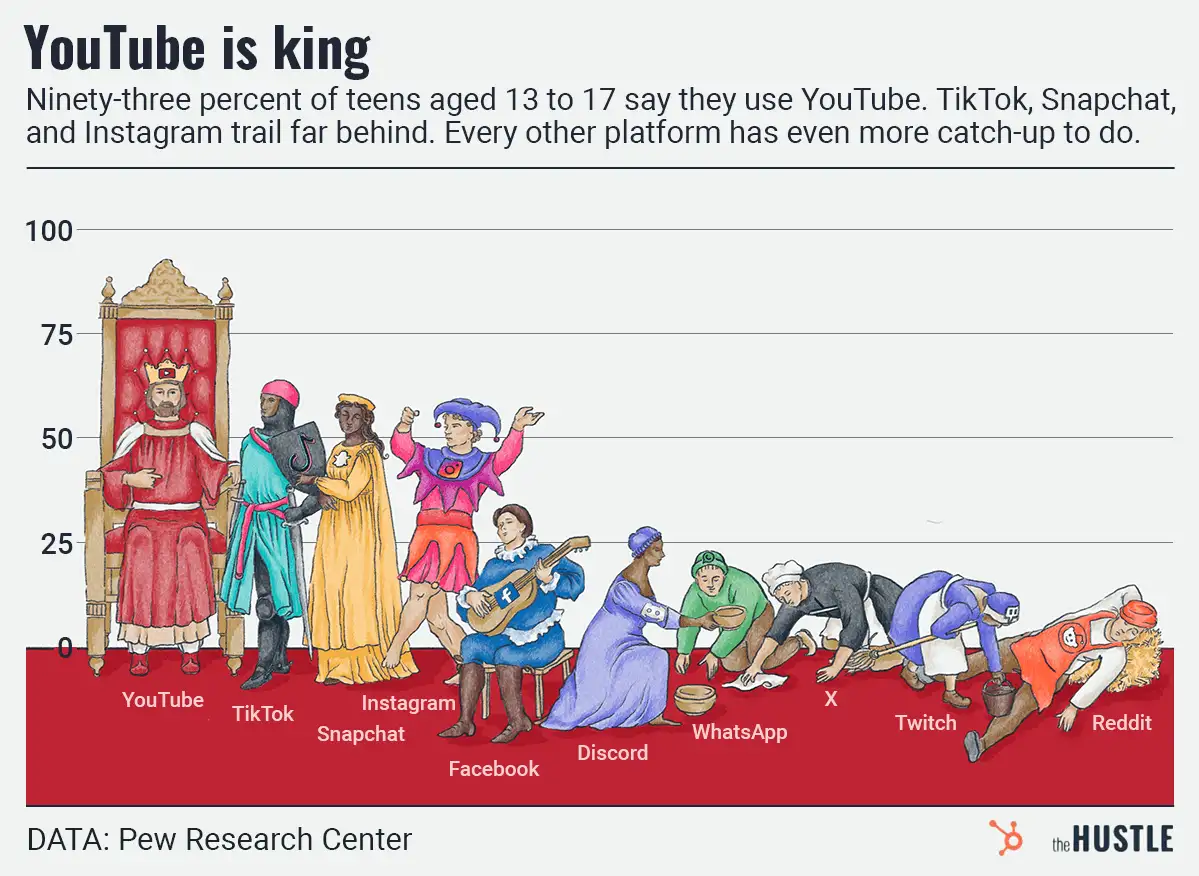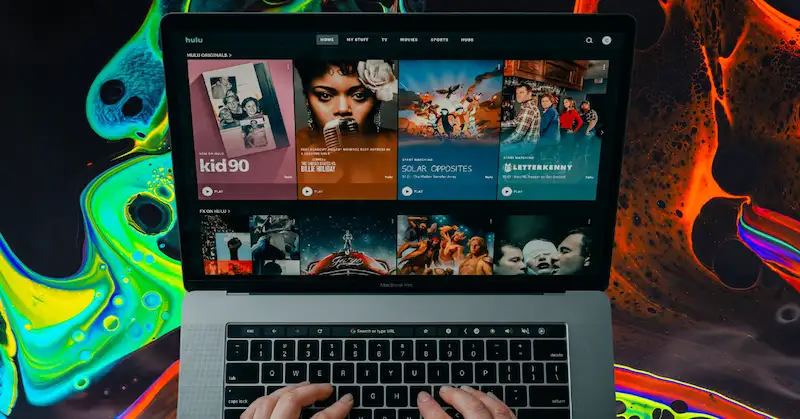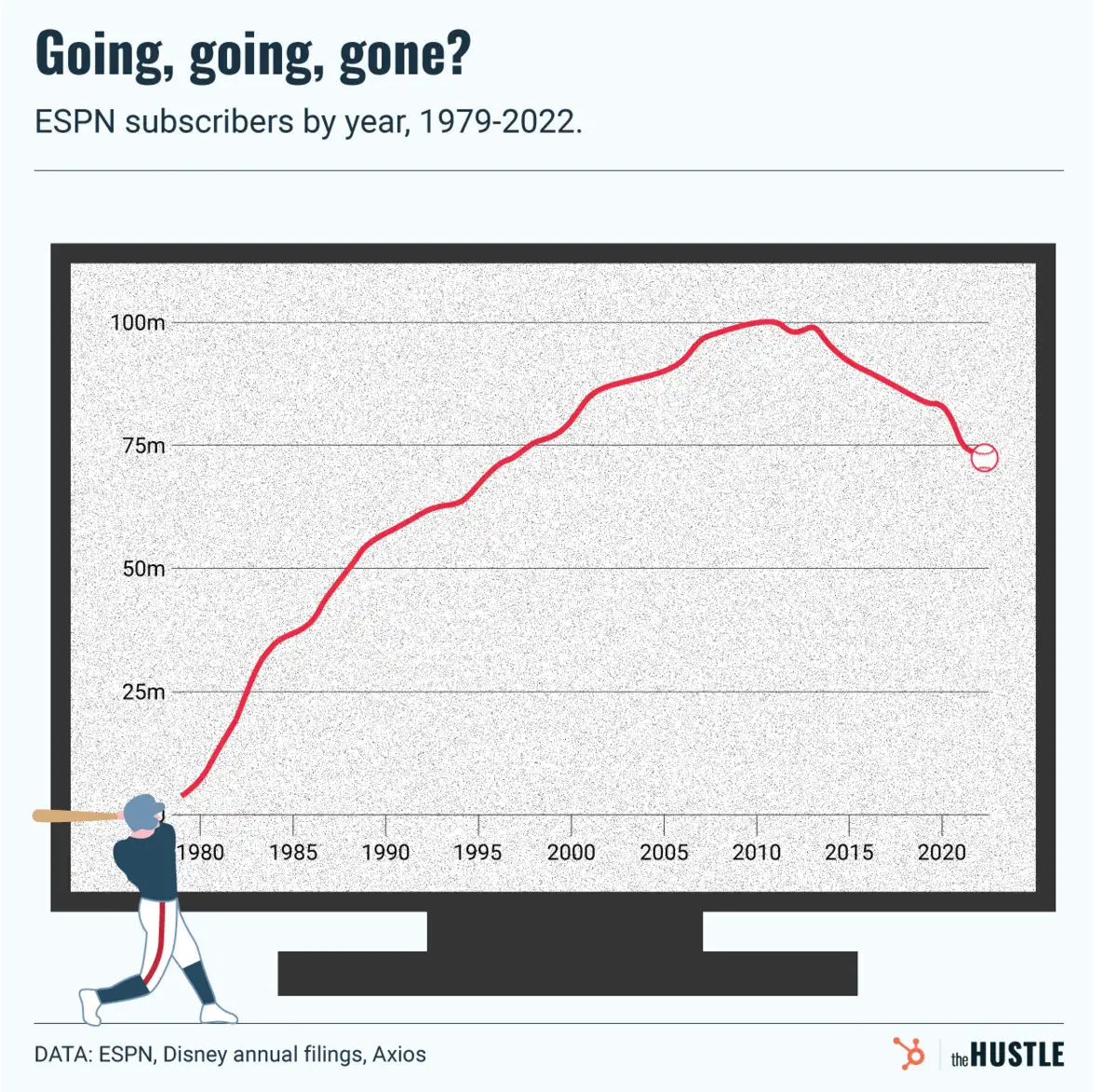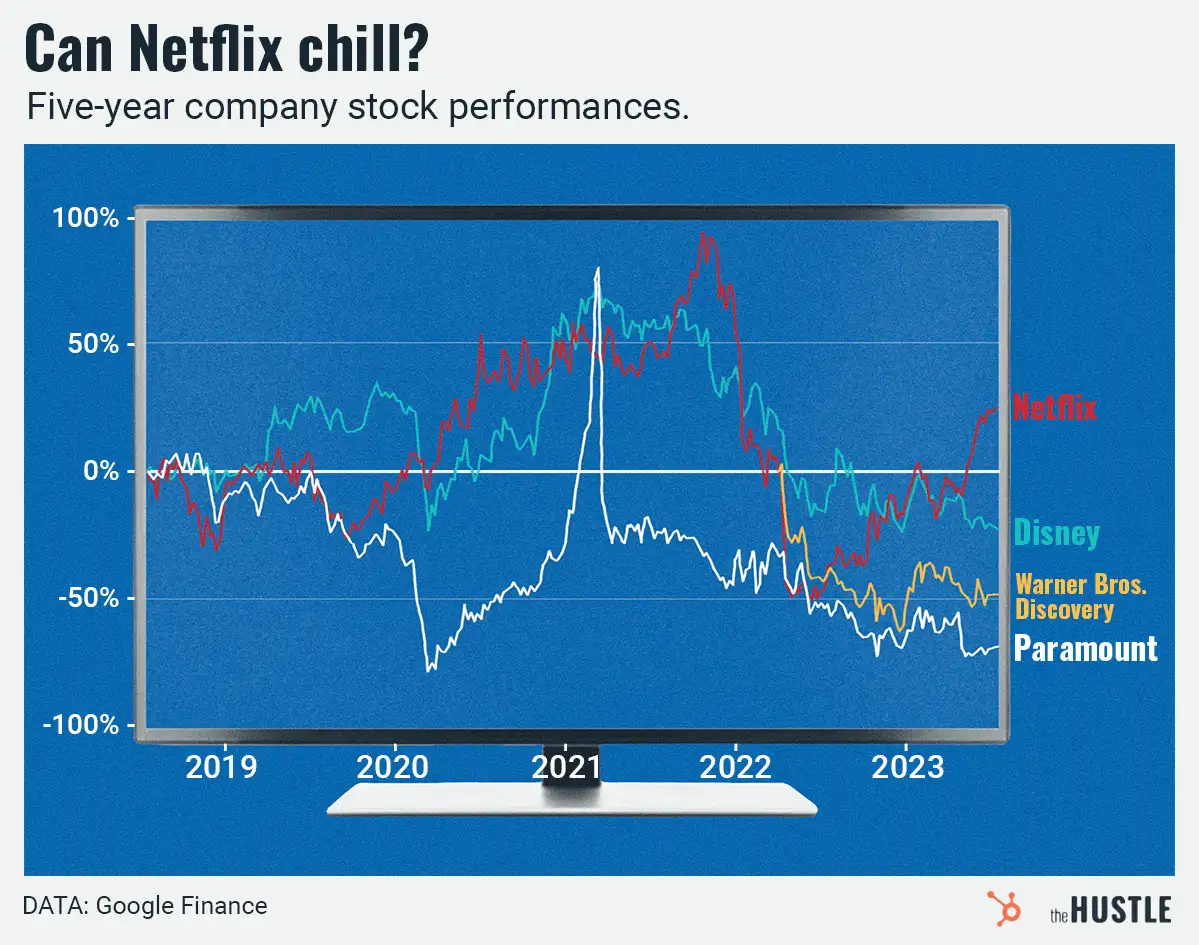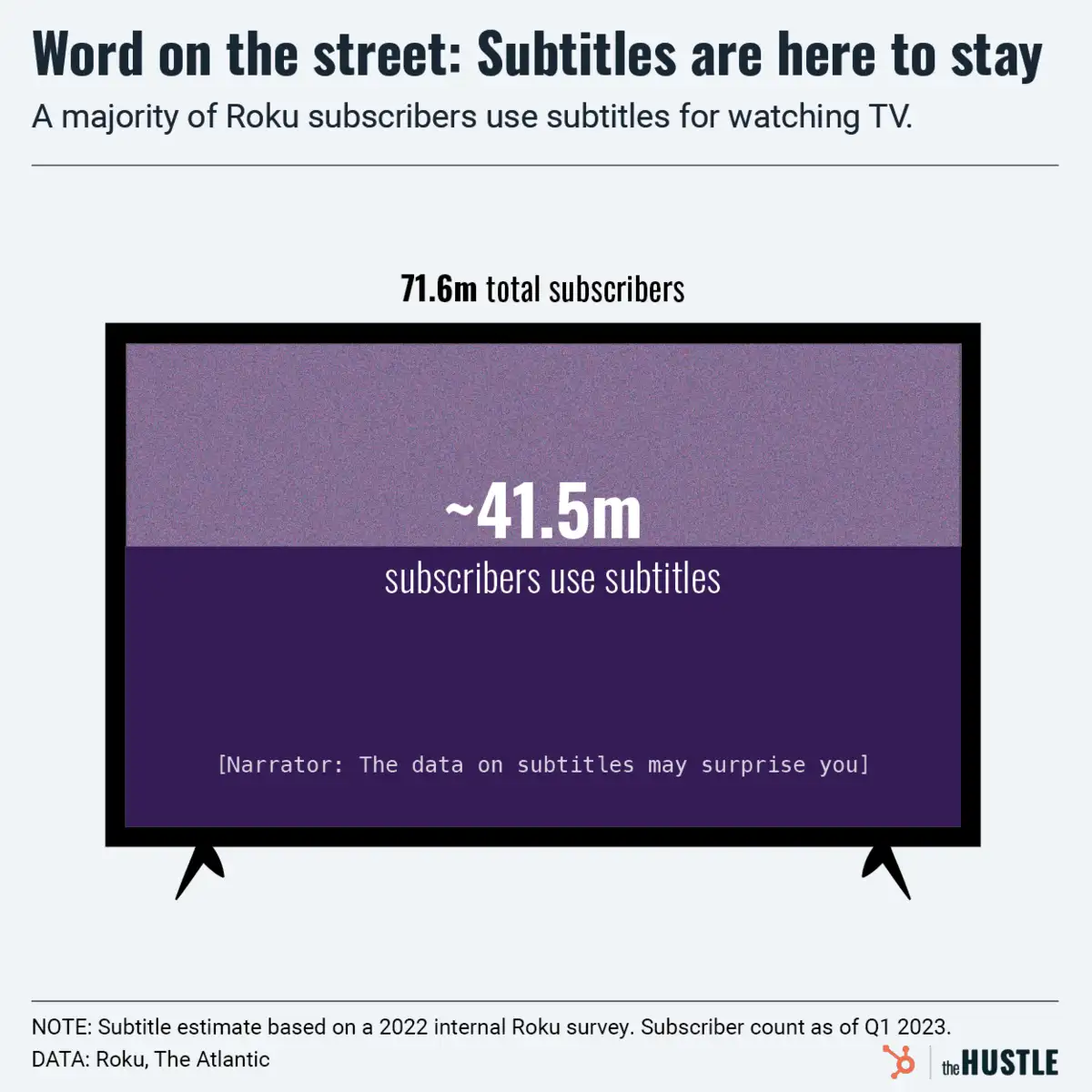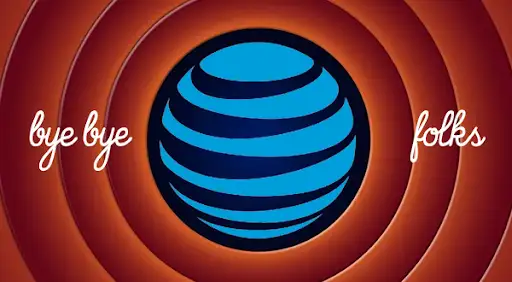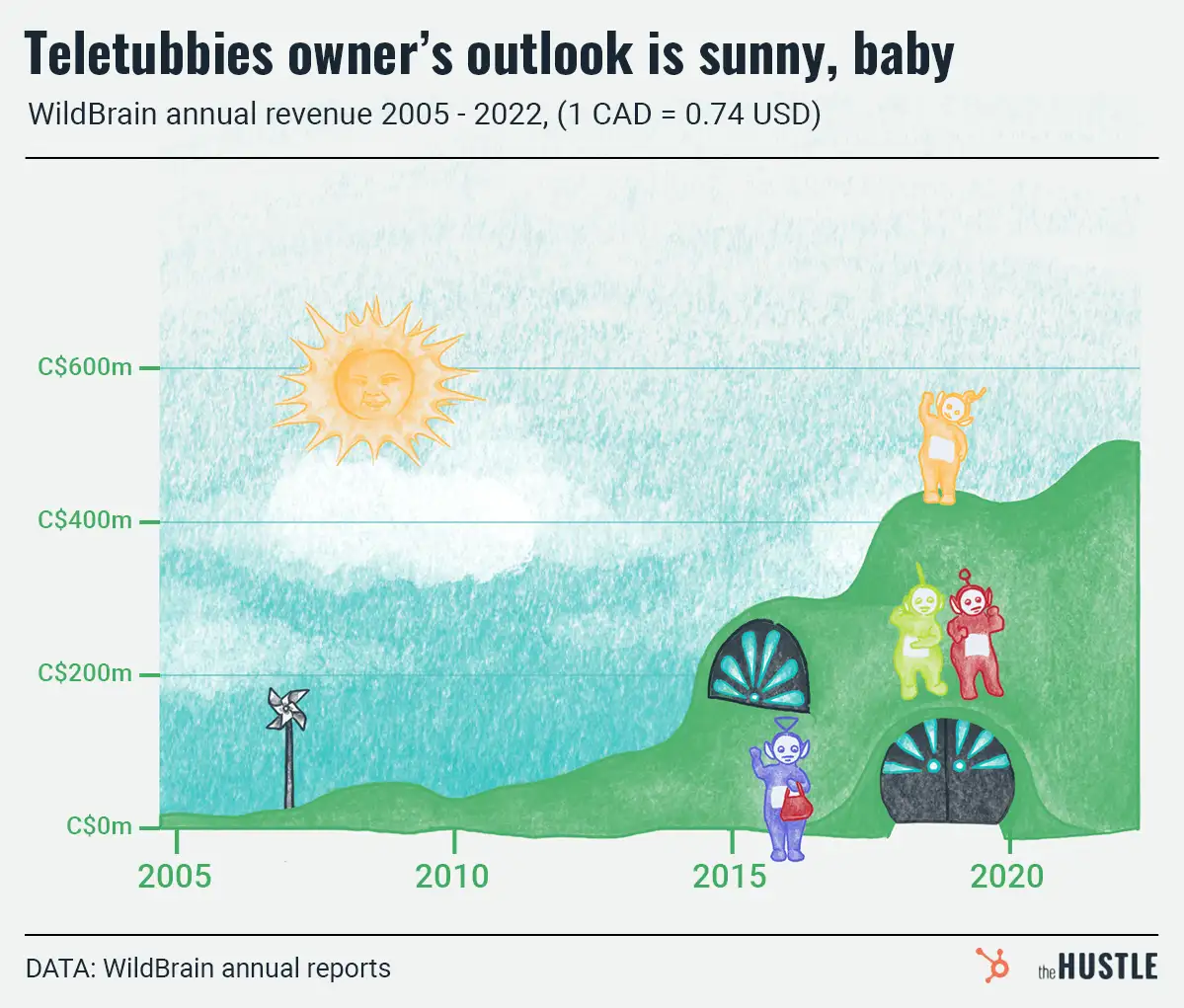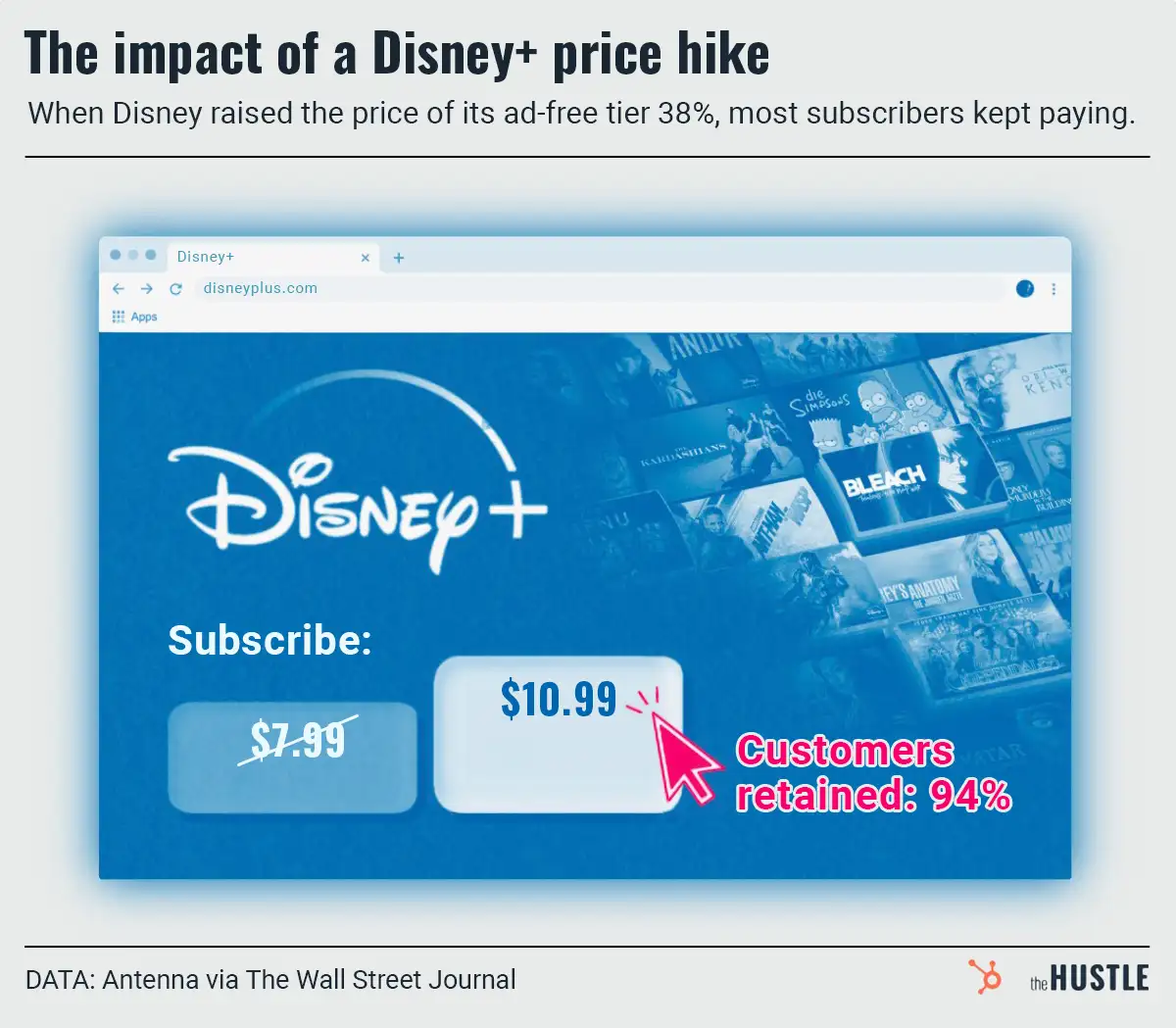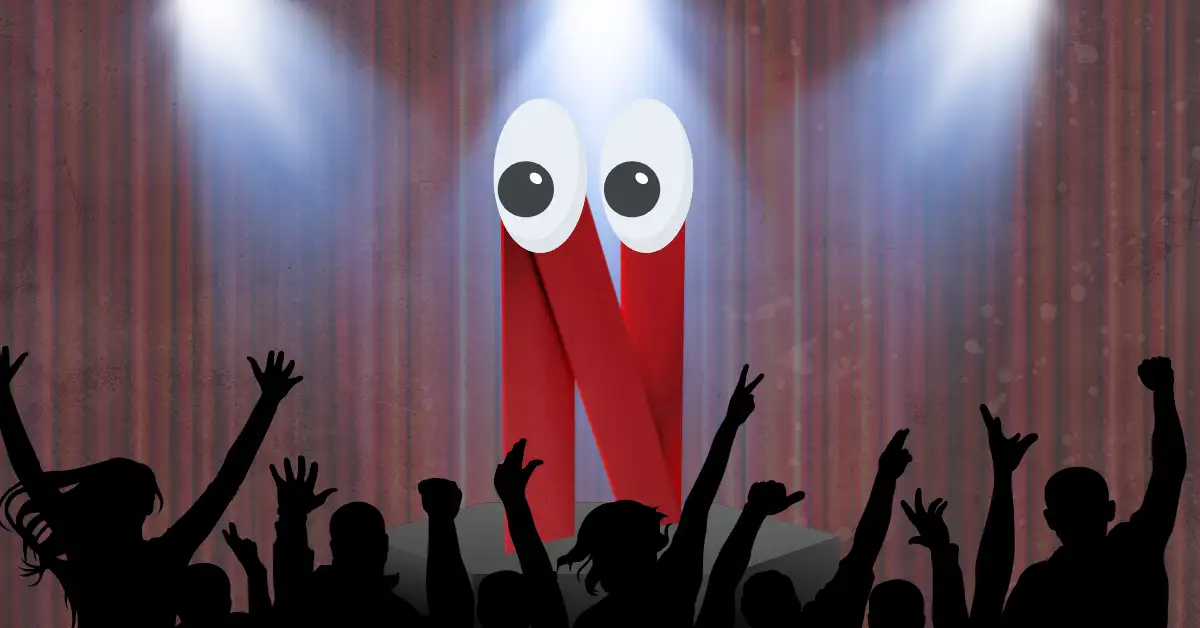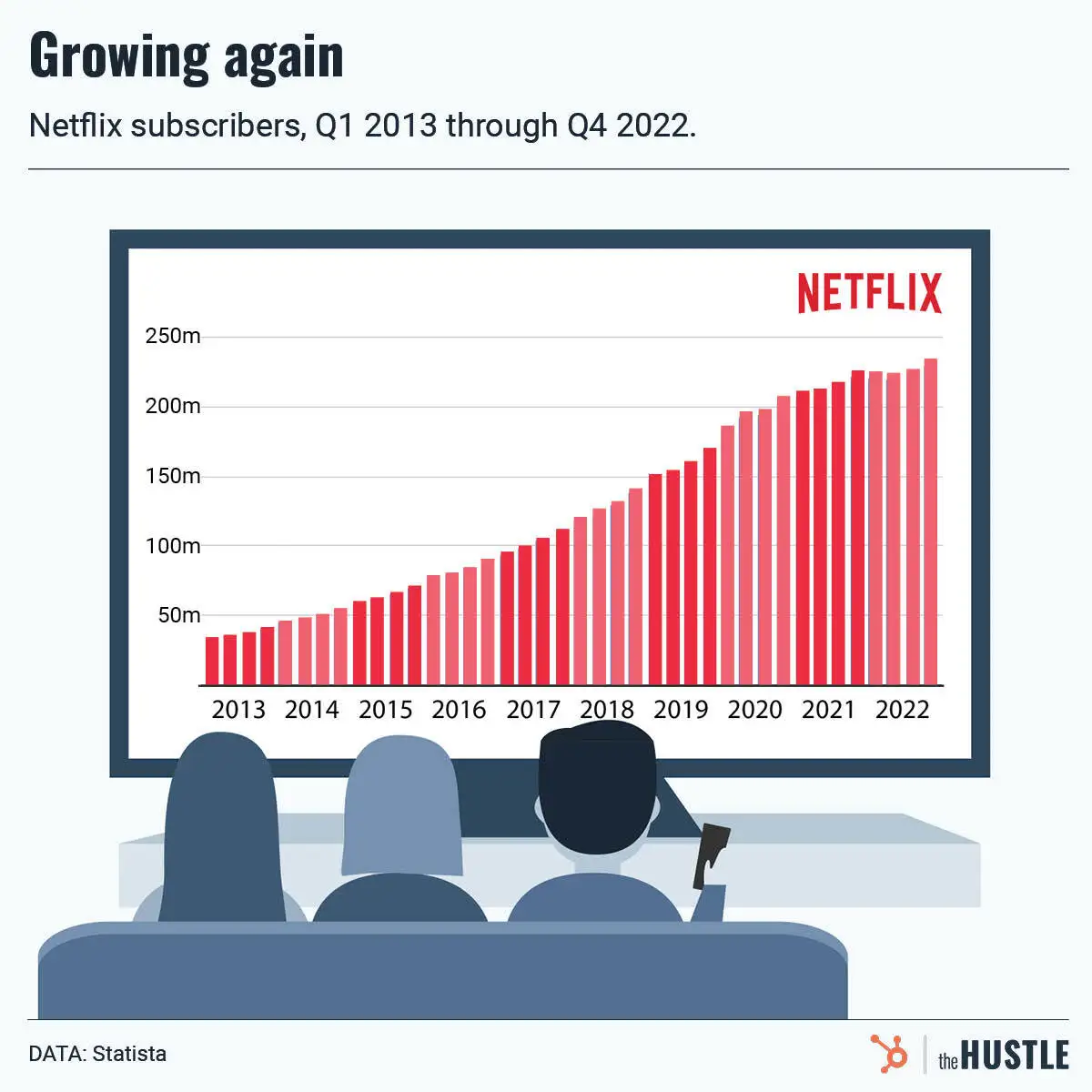You’ve probably heard the news.
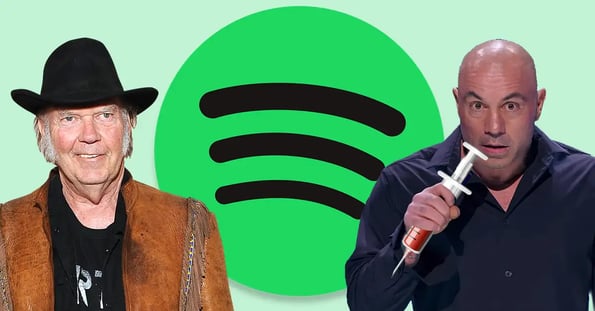
Last week, rock legend Neil Young gave Spotify an ultimatum: He would take his music off the platform if it continued to host the Joe Rogan podcast.
Ultimately, Young and other notable artists — Joni Mitchel and Nils Lofgren (Bruce Springsteen’s guitarist) — pulled their catalogs from Spotify and its 380m+ users.
Why?
Rogan’s long-form podcast — which Spotify acquired for $100m — has been accused of spreading covid misinformation.
This isn’t the first Rogan x Spotify controversy: Company employees previously tried to have the comedian removed from the platform over comments about transgender people.
So far, the streaming service has backed its big-dollar talent and — in light of the latest scandal — will now add “content advisories” to podcasts that potentially have covid misinformation.
Spotify has spent huge on podcasts
In addition to Rogan, the company is buying up the entire industry:
- Tools like podcast publisher Anchor ($150m) and ad platform Megaphone ($235m)
- Content like Gimlet Media ($230m), The Ringer (~$200m), Call Her Daddy ($60m), Prince Harry and Meghan Markle ($25m)
Spotify is going all in on podcasts because it’s a different business model than its music offering, which pays out huge sums to artists and record labels.
Per Motley Fool, Spotify’s gross margin has plateaued at ~25% because artist royalties are “variable costs [that] scale every time” more people use the product (AKA listen to music).
By creating a podcast platform…
… and building a dynamic audio ad marketplace, Spotify’s gross margins can get up 40%. Netflix famously executed a similar strategy by making its own content instead of licensing from studios.
But — as we’ve seen over the past week — owning content can create a moderation headache.
In response, Rogan apologized to Spotify for the fiasco and said he’s a fan of Young and Mitchell. He also offered a potential change: “If there’s anything that I’ve done that I could do better, it’s having more experts with differing opinions right after I have the controversial ones.”
We have a feeling this story isn’t over just yet.

